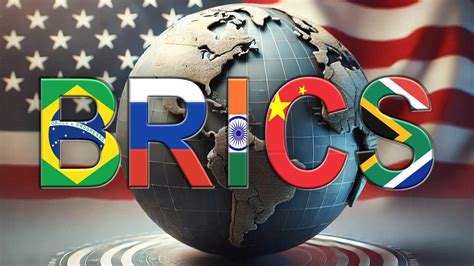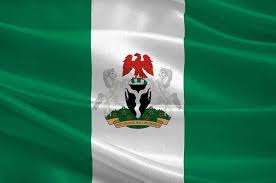
Nigeria’s trade with BRICS nations (Brazil, Russia, India, China, and South Africa) has surged to an unprecedented ₦5.41 trillion in Q1 2025, eclipsing the ₦1.54 trillion in exports to the United States. This sharp rise comes amid global trade realignments and renewed protectionist threats from U.S. President Donald Trump, who is proposing a 10% tariff on BRICS-aligned exports.
Data from the National Bureau of Statistics and Nigerian Customs reveal that the trade boom is fuelled by strong crude oil, LNG, and agricultural exports to India and China, along with significant imports of technology, pharmaceuticals, and machinery from China and Russia. India led the way with ₦2.84 trillion in Nigerian imports, followed by Indonesia (₦1.19tn), South Africa (₦708bn), Brazil (₦369bn), and China (₦301bn).
Analysts interpret this trend as a strategic pivot by Nigeria toward emerging economies in response to Western protectionist policies. BRICS offers broader market access, economic diversification, and growing geopolitical clout.
However, Trump’s proposed tariff could increase Nigeria’s export duty to the U.S. from 14% to 24%, severely undermining competitiveness in key sectors like oil and chemicals. This may impact foreign exchange earnings and force intervention by the Central Bank of Nigeria.
Despite the geopolitical headwinds, Nigerian officials maintain a balanced foreign policy. Ademola Oshodi, Senior Special Assistant to President Tinubu, clarified that Nigeria is not a BRICS member but engages in strategic dialogue while preserving strong ties with the U.S., EU, and UK. He downplayed the U.S. tariff threat as speculative.
Industry voices are cautiously optimistic. Dr. Femi Egbesola, President of the Association of Small Business Owners of Nigeria, acknowledged potential cost hikes but sees an opportunity for Nigeria to strengthen AfCFTA ties, attract more BRICS investment, and upgrade local infrastructure.
As the global trade landscape shifts, Nigeria faces a delicate balancing act. But if current momentum holds, BRICS could overtake the EU to become Nigeria’s second-largest trading partner by 2026 behind only ECOWAS.



